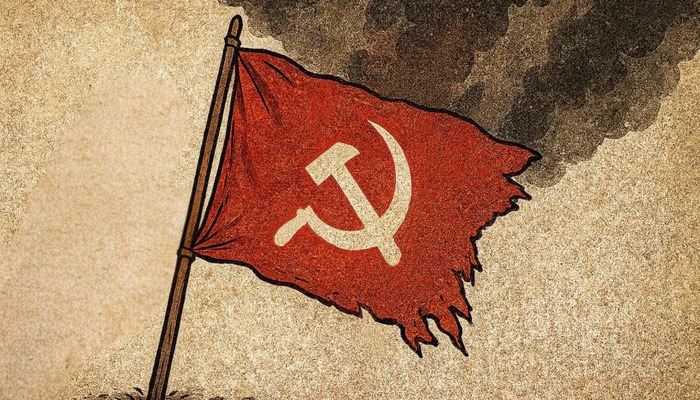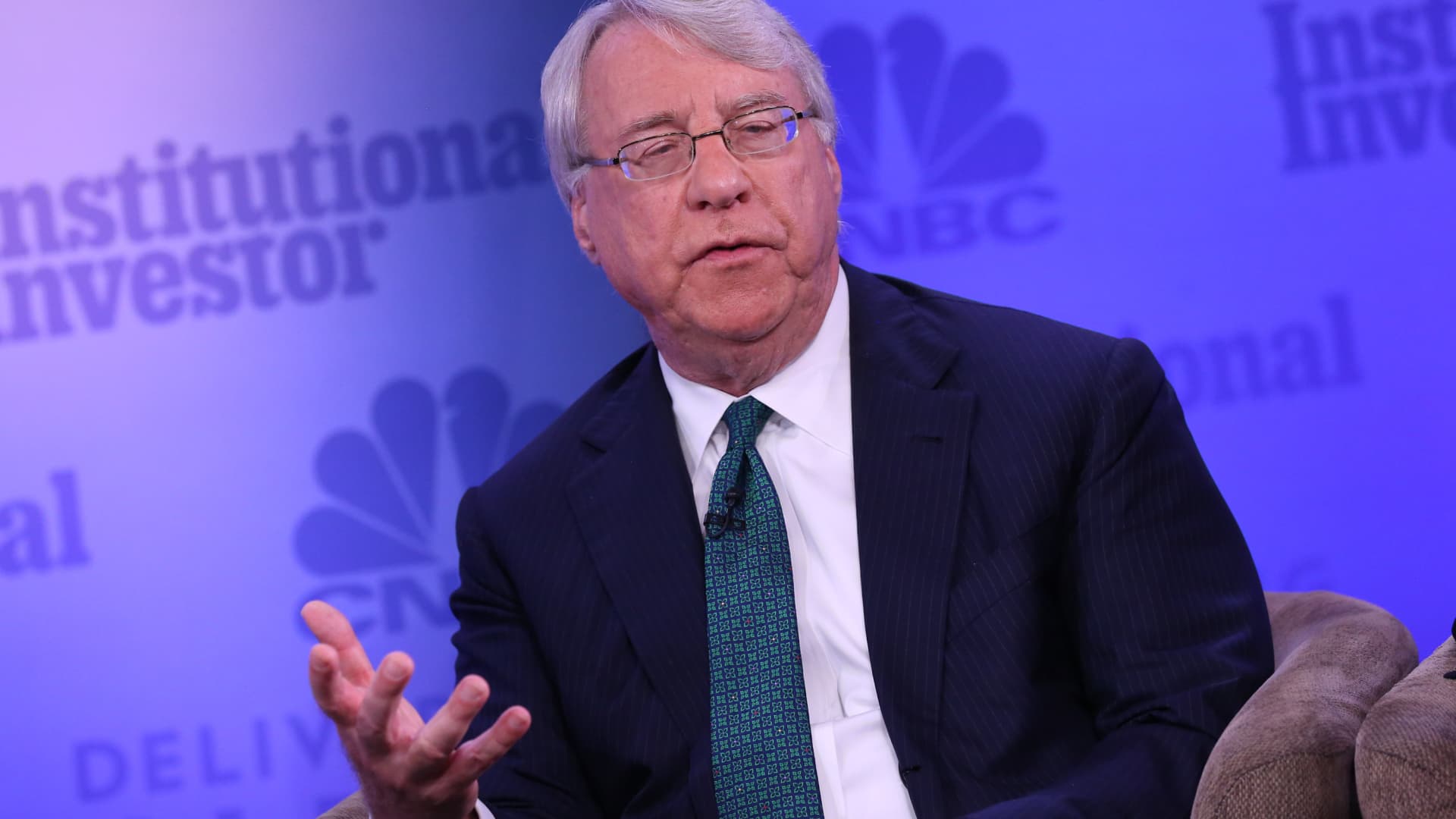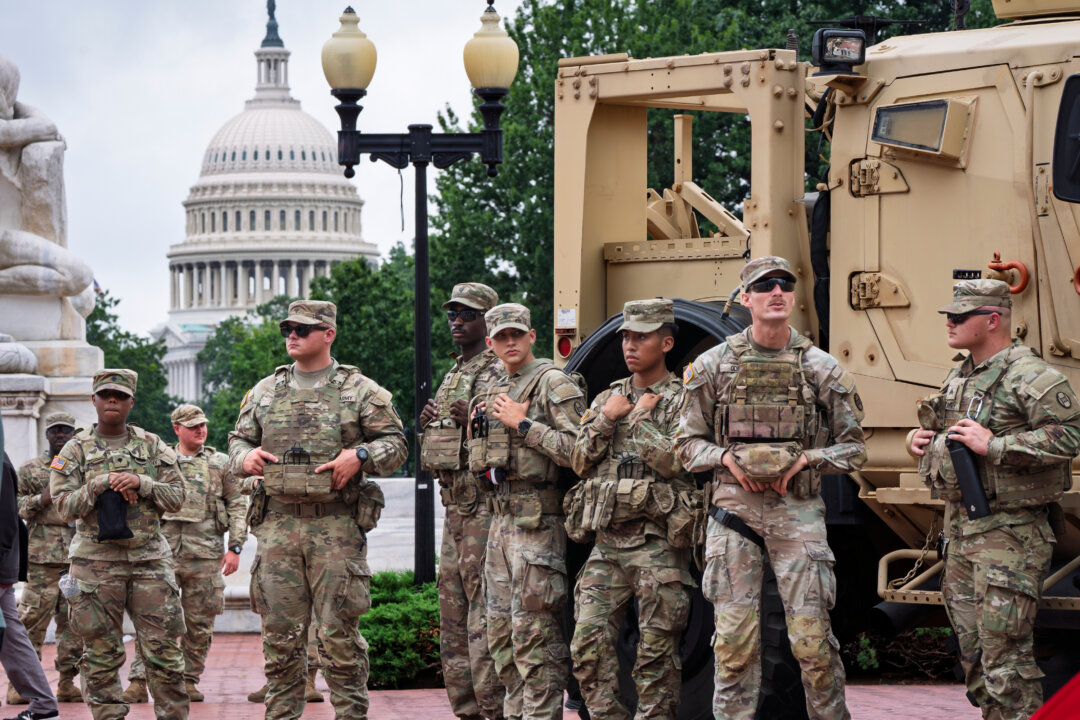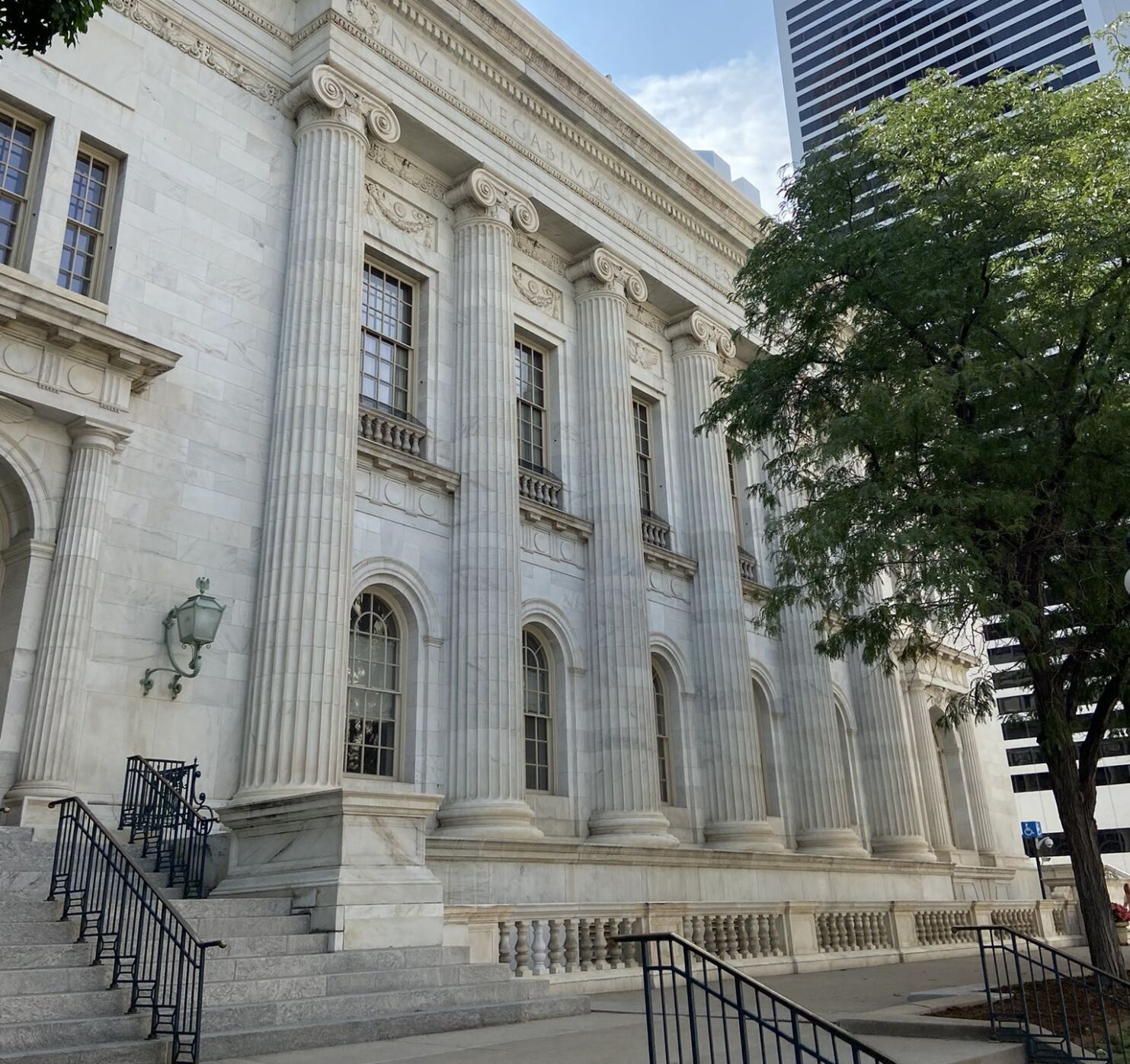Proposed 131st Amendment sparks political storm in Punjab as parties oppose moving Chandigarh’s administration to centre, centre clarifies no final decision taken and it won’t change the UT’s governance
A major political storm has broken out in Punjab after the Centre signalled that it plans to bring a constitutional amendment that could change how Chandigarh is governed. The state’s political parties including the rulling AAP have reacted sharply, accusing the Union government of trying to “weaken” Punjab’s claim over Chandigarh. The criticism is over the proposed 131st Amendment to the Constitution of India, which will bring the Union Territory of Chandigarh under the direct administration of the centrat govt. The loudest criticism has come from Chief Minister Bhagwant Mann, who said the move is an attack on Punjab’s rights. In a strongly worded post on X, he warned that Punjab “will not allow this conspiracy to succeed” and claimed that Chandigarh “belongs solely to Punjab” because the city was built on land taken from Punjab’s villages. He said his government would take all necessary steps to protect the state’s rights. He further said, “This amendment is against the interests of Punjab. We will not allow the conspiracy being hatched by the Central Government against Punjab to succeed. Chandigarh, built by razing our Punjab’s villages, belongs solely to Punjab. We will not let our right slip away just like that. For this, we will take whatever steps are necessary.” ਸੰਸਦ ਦੇ ਆਗਾਮੀ ਸਰਦ ਰੁੱਤ ਸੈਸ਼ਨ ਵਿੱਚ ਕੇਂਦਰ ਸਰਕਾਰ ਵੱਲੋਂ ਲਿਆਂਦੇ ਜਾ ਰਹੇ ਪ੍ਰਸਤਾਵਿਤ ਸੰਵਿਧਾਨ (131ਵੇਂ ਸੋਧ) ਬਿੱਲ ਦਾ ਅਸੀਂ ਸਖ਼ਤ ਸ਼ਬਦਾਂ 'ਚ ਵਿਰੋਧ ਕਰਦੇ ਹਾਂ। ਇਹ ਸੋਧ ਪੰਜਾਬ ਦੇ ਹਿੱਤ ਦੇ ਵਿਰੁੱਧ ਹੈ। ਕੇਂਦਰ ਸਰਕਾਰ ਵੱਲੋਂ ਪੰਜਾਬ ਵਿਰੁੱਧ ਘੜੀ ਜਾ ਰਹੀ ਸਾਜ਼ਿਸ਼ ਅਸੀਂ ਬਿਲਕੁੱਲ ਕਾਮਯਾਬ ਨਹੀਂ ਹੋਣ ਦੇਵਾਂਗੇ। ਸਾਡੇ ਪੰਜਾਬ ਦੇ… pic.twitter.com/06K8e5wZ4w— Bhagwant Mann (@BhagwantMann) November 22, 2025 Other leaders from both the Congress and Shiromani Akali Dal (SAD) have also echoed similar concerns, calling the proposed amendment an attempt to reduce Punjab’s role in the administration of Chandigarh. Even the Punjab BJP, despite being the state unit of the ruling party at the Centre, has expressed discomfort and insisted that Punjab’s interests must be protected. Centre lists the 131st Amendment bill for the Winter session According to bulletins issued by both the Lok Sabha and Rajya Sabha, the Union government plans to introduce the 131st Amendment Bill, 2025, in the upcoming winter session of Parliament, which begins on 1st December. This Bill proposes to bring Chandigarh under the ambit of Article 240 of the Constitution. Article 240 gives the President the power to make regulations for certain Union Territories that do not have legislative assemblies. Article 240 applies to Union territories without legislatures. It says that when a body is created under Article 239A to function as a legislature for a Union territory (as is the case in Puducherry), the president shall not make any regulation with effect from the day of the first meeting of the legislature. Right now, Chandigarh is jointly the capital of Punjab and Haryana, and unlike several other UTs, it does not have its own legislature. Its administrative structure is unique, the Punjab Governor also serves as the Administrator of Chandigarh. If the new amendment is passed, this arrangement is likely to change. What the 131st Amendment bill seeks to do The proposed amendment aims to include Chandigarh in Article 240 along with other UTs such as the Andaman & Nicobar Islands, Lakshadweep, Dadra & Nagar Haveli and Daman & Diu, and also Puducherry (when its Assembly is dissolved). This change will give the President the legal authority to directly make laws and regulations for Chandigarh, without requiring the involvement of the Punjab Governor or any state machinery. Most importantly, it will open the door for appointing a separate independent Administrator or a Lieutenant Governor for Chandigarh, someone who will not automatically be the Governor of Punjab. For Punjab’s political parties, this is the biggest concern. They believe that once Chandigarh gets its own independent Administrator, Punjab’s symbolic and historical claim over the city will weaken even further. Punjab has been demanding inclusion of Chandigarh, saying Haryana should be given a different capital. Now the parties in Punjab believe the amendment will weaken that demand. Chandigarh’s administrative journey After the state of Punjab was reorganised on 1st November 1966, two new states, Punjab and Haryana, were created, and Chandigarh became their shared capital. At that time, Chandigarh had no direct administrative link with the Punjab Governor. The city was managed independently by its Chief Secretary. But this changed dramatically on 1st June, 1984. That year, the Centre altered the administrative structure and placed Chandigarh under the control of the Punjab Governor, who has since been functioning as the Administrator of the Union Territory. This arrangement has continued for decades, even though the Centre attempted to change it once earlier. In August 2016, the government appointed former IAS officer K. J. Al
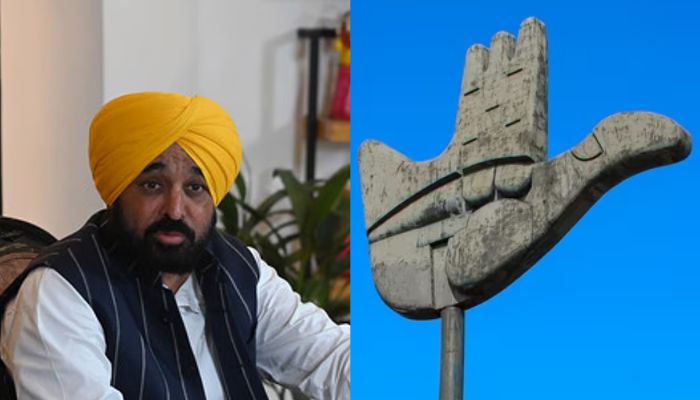


A major political storm has broken out in Punjab after the Centre signalled that it plans to bring a constitutional amendment that could change how Chandigarh is governed. The state’s political parties including the rulling AAP have reacted sharply, accusing the Union government of trying to “weaken” Punjab’s claim over Chandigarh. The criticism is over the proposed 131st Amendment to the Constitution of India, which will bring the Union Territory of Chandigarh under the direct administration of the centrat govt.
The loudest criticism has come from Chief Minister Bhagwant Mann, who said the move is an attack on Punjab’s rights. In a strongly worded post on X, he warned that Punjab “will not allow this conspiracy to succeed” and claimed that Chandigarh “belongs solely to Punjab” because the city was built on land taken from Punjab’s villages. He said his government would take all necessary steps to protect the state’s rights. He further said, “This amendment is against the interests of Punjab. We will not allow the conspiracy being hatched by the Central Government against Punjab to succeed. Chandigarh, built by razing our Punjab’s villages, belongs solely to Punjab. We will not let our right slip away just like that. For this, we will take whatever steps are necessary.”
ਸੰਸਦ ਦੇ ਆਗਾਮੀ ਸਰਦ ਰੁੱਤ ਸੈਸ਼ਨ ਵਿੱਚ ਕੇਂਦਰ ਸਰਕਾਰ ਵੱਲੋਂ ਲਿਆਂਦੇ ਜਾ ਰਹੇ ਪ੍ਰਸਤਾਵਿਤ ਸੰਵਿਧਾਨ (131ਵੇਂ ਸੋਧ) ਬਿੱਲ ਦਾ ਅਸੀਂ ਸਖ਼ਤ ਸ਼ਬਦਾਂ 'ਚ ਵਿਰੋਧ ਕਰਦੇ ਹਾਂ।
— Bhagwant Mann (@BhagwantMann) November 22, 2025
ਇਹ ਸੋਧ ਪੰਜਾਬ ਦੇ ਹਿੱਤ ਦੇ ਵਿਰੁੱਧ ਹੈ। ਕੇਂਦਰ ਸਰਕਾਰ ਵੱਲੋਂ ਪੰਜਾਬ ਵਿਰੁੱਧ ਘੜੀ ਜਾ ਰਹੀ ਸਾਜ਼ਿਸ਼ ਅਸੀਂ ਬਿਲਕੁੱਲ ਕਾਮਯਾਬ ਨਹੀਂ ਹੋਣ ਦੇਵਾਂਗੇ। ਸਾਡੇ ਪੰਜਾਬ ਦੇ… pic.twitter.com/06K8e5wZ4w
Other leaders from both the Congress and Shiromani Akali Dal (SAD) have also echoed similar concerns, calling the proposed amendment an attempt to reduce Punjab’s role in the administration of Chandigarh. Even the Punjab BJP, despite being the state unit of the ruling party at the Centre, has expressed discomfort and insisted that Punjab’s interests must be protected.
Centre lists the 131st Amendment bill for the Winter session
According to bulletins issued by both the Lok Sabha and Rajya Sabha, the Union government plans to introduce the 131st Amendment Bill, 2025, in the upcoming winter session of Parliament, which begins on 1st December.
This Bill proposes to bring Chandigarh under the ambit of Article 240 of the Constitution. Article 240 gives the President the power to make regulations for certain Union Territories that do not have legislative assemblies.
Article 240 applies to Union territories without legislatures. It says that when a body is created under Article 239A to function as a legislature for a Union territory (as is the case in Puducherry), the president shall not make any regulation with effect from the day of the first meeting of the legislature.
Right now, Chandigarh is jointly the capital of Punjab and Haryana, and unlike several other UTs, it does not have its own legislature. Its administrative structure is unique, the Punjab Governor also serves as the Administrator of Chandigarh. If the new amendment is passed, this arrangement is likely to change.
What the 131st Amendment bill seeks to do
The proposed amendment aims to include Chandigarh in Article 240 along with other UTs such as the Andaman & Nicobar Islands, Lakshadweep, Dadra & Nagar Haveli and Daman & Diu, and also Puducherry (when its Assembly is dissolved).
This change will give the President the legal authority to directly make laws and regulations for Chandigarh, without requiring the involvement of the Punjab Governor or any state machinery. Most importantly, it will open the door for appointing a separate independent Administrator or a Lieutenant Governor for Chandigarh, someone who will not automatically be the Governor of Punjab.
For Punjab’s political parties, this is the biggest concern. They believe that once Chandigarh gets its own independent Administrator, Punjab’s symbolic and historical claim over the city will weaken even further. Punjab has been demanding inclusion of Chandigarh, saying Haryana should be given a different capital. Now the parties in Punjab believe the amendment will weaken that demand.
Chandigarh’s administrative journey
After the state of Punjab was reorganised on 1st November 1966, two new states, Punjab and Haryana, were created, and Chandigarh became their shared capital.
At that time, Chandigarh had no direct administrative link with the Punjab Governor. The city was managed independently by its Chief Secretary. But this changed dramatically on 1st June, 1984. That year, the Centre altered the administrative structure and placed Chandigarh under the control of the Punjab Governor, who has since been functioning as the Administrator of the Union Territory.
This arrangement has continued for decades, even though the Centre attempted to change it once earlier. In August 2016, the government appointed former IAS officer K. J. Alphons as an independent Administrator of Chandigarh.
The decision, however, faced widespread resistance. It was opposed not just by the Congress and AAP, but also by the Shiromani Akali Dal (SAD), which at that time was part of the NDA government at the Centre. Because of this strong pushback, the earlier system of the Punjab Governor holding the Administrator’s charge continued.
The latest move by the Centre comes just days after the Northern Zonal Council meeting in Faridabad, where Chief Minister Bhagwant Mann strongly reiterated Punjab’s claim over Chandigarh and demanded its immediate transfer to the state.
Political outrage across the state
Across Punjab’s political spectrum, parties have reacted sharply, saying the proposed amendment undermines Punjab’s constitutional and emotional claim over Chandigarh.
AAP leaders say the amendment directly attacks Punjab’s rights. Rajya Sabha MP Vikramjit Singh Sahney said that if the President begins making laws for Chandigarh and an independent Administrator is appointed, the city will be governed like other UTs such as Lakshadweep, which would dilute Punjab’s position.
He also said that Chandigarh has always been historically associated with Punjab. After Partition, when the old capital Lahore became part of Pakistan, Chandigarh was created as Punjab’s new capital. Even after Haryana was carved out in 1966, he said, the Centre had promised several times, under different accords, that Chandigarh would eventually become exclusively Punjab’s capital.
Punjab Congress president Amrinder Singh Raja Warring warned that “any attempt to snatch Chandigarh away from Punjab will have serious repercussions.” He urged Chief Minister Mann to act quickly and raise the issue with the Centre before any irreversible step is taken.
SAD president Sukhbir Singh Badal called the proposed amendment “an assault on Punjab’s rights” and said it goes against the spirit of federalism. Badal also reminded that Punjabis have played a key role in the freedom struggle, in defending India’s borders, and in making India food-secure through the Green Revolution. According to him, reducing Punjab’s role in Chandigarh’s administration is akin to disrespecting that legacy.
Shiromani Akali Dal strongly opposes the proposed Constitution (131st Amendment) Bill being brought by Union Government in the upcoming winter session of Parliament.
— Sukhbir Singh Badal (@officeofssbadal) November 22, 2025
This amendment is against the interest of Punjab and would amount to the GOI going back on all commitments made… pic.twitter.com/LwNJQSOAmo
In a surprising move, Punjab BJP president Sunil Jakhar also criticised the proposed amendment. He said Chandigarh is an “integral part of Punjab” and assured that the Punjab BJP stands with the state on this issue. He added that any confusion should be resolved only after discussions with the government and reassured people that “Punjab always comes first.”
ਚੰਡੀਗੜ੍ਹ ਪੰਜਾਬ ਦਾ ਅਭਿੰਨ ਹਿੱਸਾ ਹੈ ਅਤੇ ਪੰਜਾਬ ਭਾਜਪਾ ਪੰਜਾਬ ਦੇ ਹਿੱਤਾਂ ਨਾਲ ਦ੍ਰਿੜਤਾ ਨਾਲ ਖੜੀ ਹੈ, ਤੇ ਉਹ ਚਾਹੇ ਚੰਡੀਗੜ੍ਹ ਦਾ ਮੁੱਦਾ ਹੋਵੇ ਅਤੇ ਚਾਹੇ ਪੰਜਾਬ ਦੇ ਪਾਣੀਆਂ ਦਾ। ਚੰਡੀਗੜ੍ਹ ਸਬੰਧੀ ਜੋ ਵੀ ਭਰਮ ਦੀ ਸਥਿਤੀ ਪੈਦਾ ਹੋਈ ਹੈ, ਇਸ ਬਾਰੇ ਸਰਕਾਰ ਨਾਲ ਗੱਲ ਕਰਕੇ ਇਹ ਭਰਮ ਵੀ ਦੂਰ ਕੀਤਾ ਜਾਵੇਗਾ। ਮੈਂ ਖੁਦ ਇਕ ਪੰਜਾਬੀ ਹੋਣ ਦੇ…
— Sunil Jakhar (@sunilkjakhar) November 23, 2025
However, Jakhar also added that no final decision has been taken, saying “Whatever confusion has arisen regarding Chandigarh will be resolved by discussing it with the government.” He added, “As a Punjabi myself, I assure you that for us, Punjab always comes first,” indicating that he will oppose the move.
Home Ministry issues clarification amid growing anger
As criticism intensified, the Ministry of Home Affairs (MHA) issued an important clarification through a post on X. The statement said the proposal is only under consideration and no final decision has been taken.
The proposal only to simplify the Central Government’s law-making process for the Union Territory of Chandigarh is still under consideration with the Central Government. No final decision has been taken on this proposal. The proposal in no way seeks to alter Chandigarh’s…
— PIB – Ministry of Home Affairs (@PIBHomeAffairs) November 23, 2025
The proposal in no way seeks to alter Chandigarh’s governance or administrative structure, nor does it aim to change the traditional arrangements between Chandigarh and the States of Punjab or Haryana. The Central Government has no intention of introducing any Bill to this effect in the upcoming Winter Session of Parliament.


















































